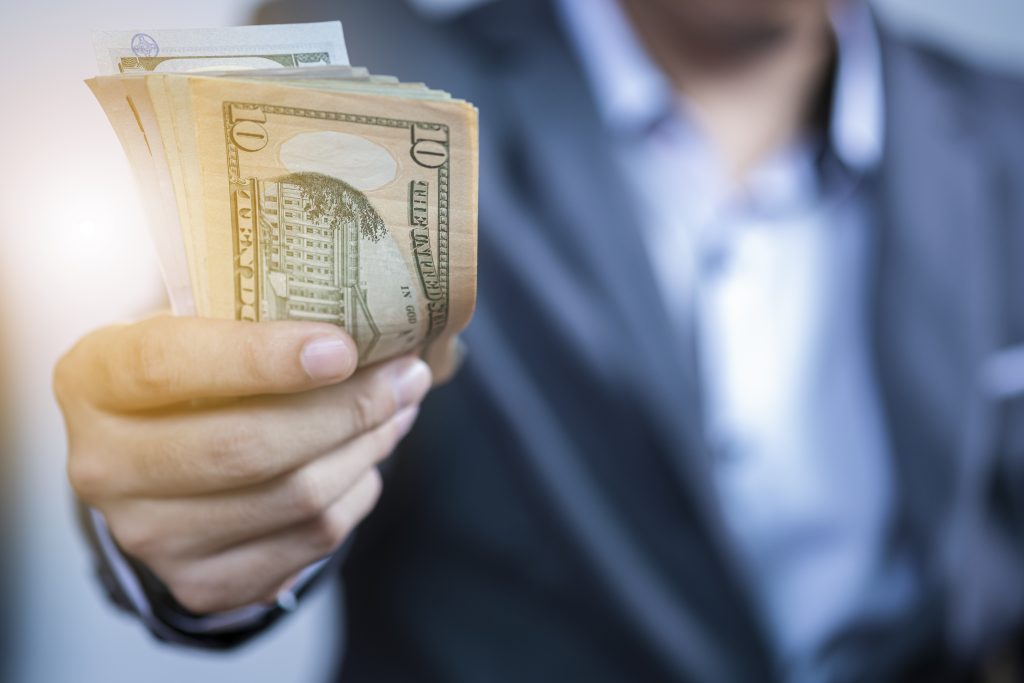A recent University of Notre Dame study found that some consumers would rather pay via cash and not credit—even though they’re able to earn rewards from the latter—because they don’t want a record of certain purchases that they may feel guilty about later.
According to the research, the justifiability of a purchase plays a pivotal role in determining whether consumers opt for cash or card. When faced with a difficult-to-justify purchase—such as an overpriced bottle of water at the airport, cigarettes, or candy—consumers prefer to use less-trackable payment methods like cash. By eliminating the paper or electronic trail associated with these guilt-inducing transactions, consumers can “forget” about them. Conversely, when a purchase is easy to justify, consumers have no qualms about using trackable methods like credit cards, which leave a paper or electronic trail.
The research team analyzed real transaction data from more than 118,000 purchases and conducted six experiments involving more than 5,000 individuals, manipulating the justifiability of imagined purchases to gauge their impact on consumers’ intentions to use cash versus credit or debit cards.
In one example, the experimenters created a simulated purchase scenario, in which they asked 200 people to imagine buying a 30-minute session of Reiki for $15. Half of respondents were told that buying it was a reasonable decision because they were feeling anxious and depressed, their doctor recommended it, and they were buying it from a hospital. The other half were told that buying it was not a reasonable decision because they weren’t feeling anxious or depressed, it was an impulsive decision, and they were buying it from a holistic healer.
The researchers then asked them to reflect on why the purchase was personally justifiable or not justifiable for them, and then rate how likely they were to use a credit card or cash to make the purchase. They found that when purchasing Reiki was difficult to justify, participants were more likely to choose cash over a credit card. The reverse was true when purchasing Reiki was easy to justify.
These results support the idea that the perceived justifiability of a purchase influences the choice of payment method and fits with the real-life data purchase data they examined. When people feel guilty or unsure about a purchase, they prefer using cash because it leaves no trace and allows them to forget about the purchase. On the other hand, when a purchase is easier to justify, people are comfortable using a credit card.
Understanding this connection can help businesses and financial institutions design payment systems that align with consumers’ motivations and preferences. For merchants, the study offers valuable insights into strategically offering specific payment methods. For instance, a doughnut shop might benefit from allowing customers to pay with cash, as patrons seeking to forget their indulgent treat may prefer the anonymity of cash transactions. Conversely, a salad shop might not observe the same advantage since health-conscious customers may have no qualms about leaving a paper or electronic trail for their virtuous purchases.
As the payments landscape continues to evolve, driven by advancements in fintech and technology, Bechler’s research sheds light on the nuanced psychology behind consumer payment choices. Cash and card, deeply ingrained in our payment habits, remain dominant, but the reasons behind their usage are more complex than one might assume.
